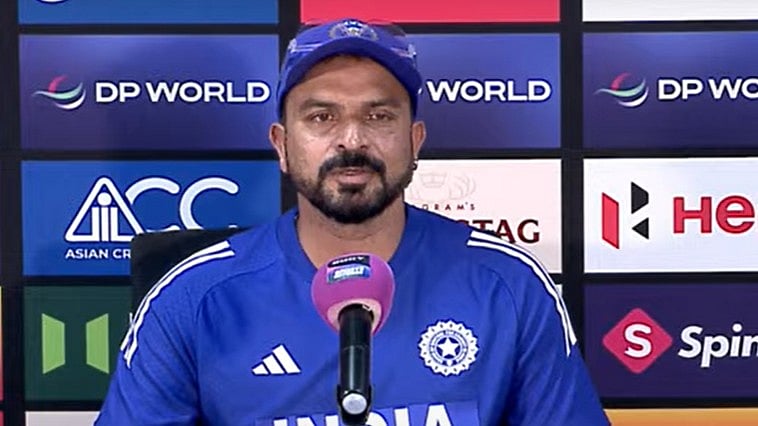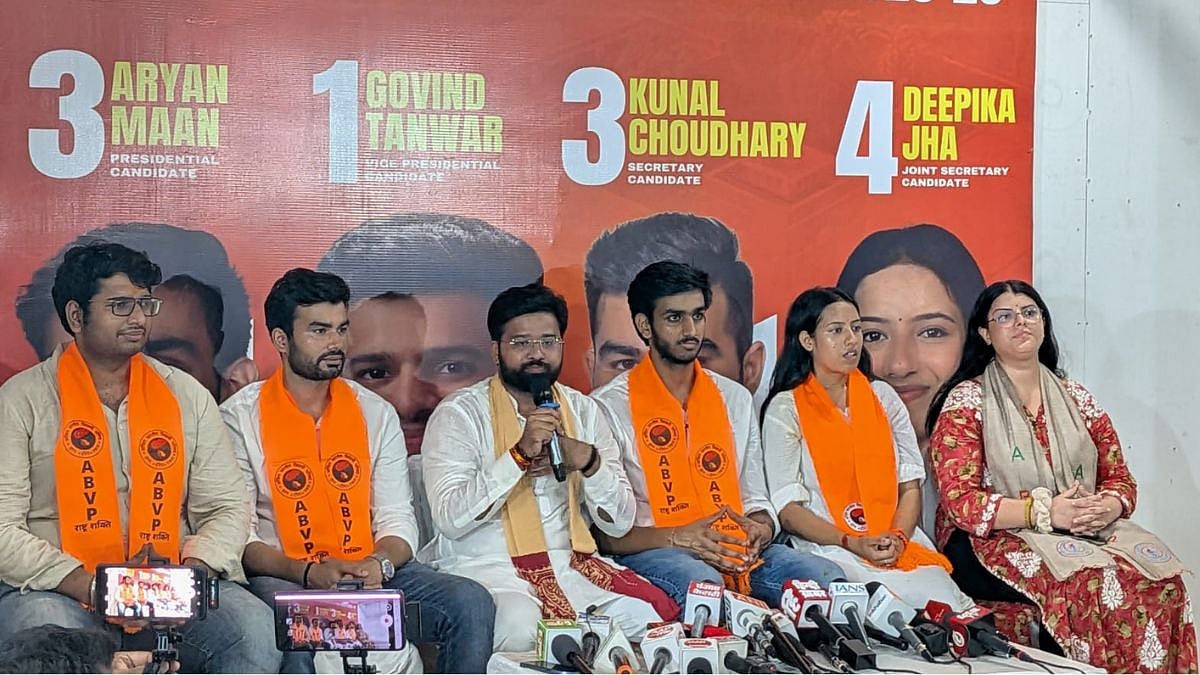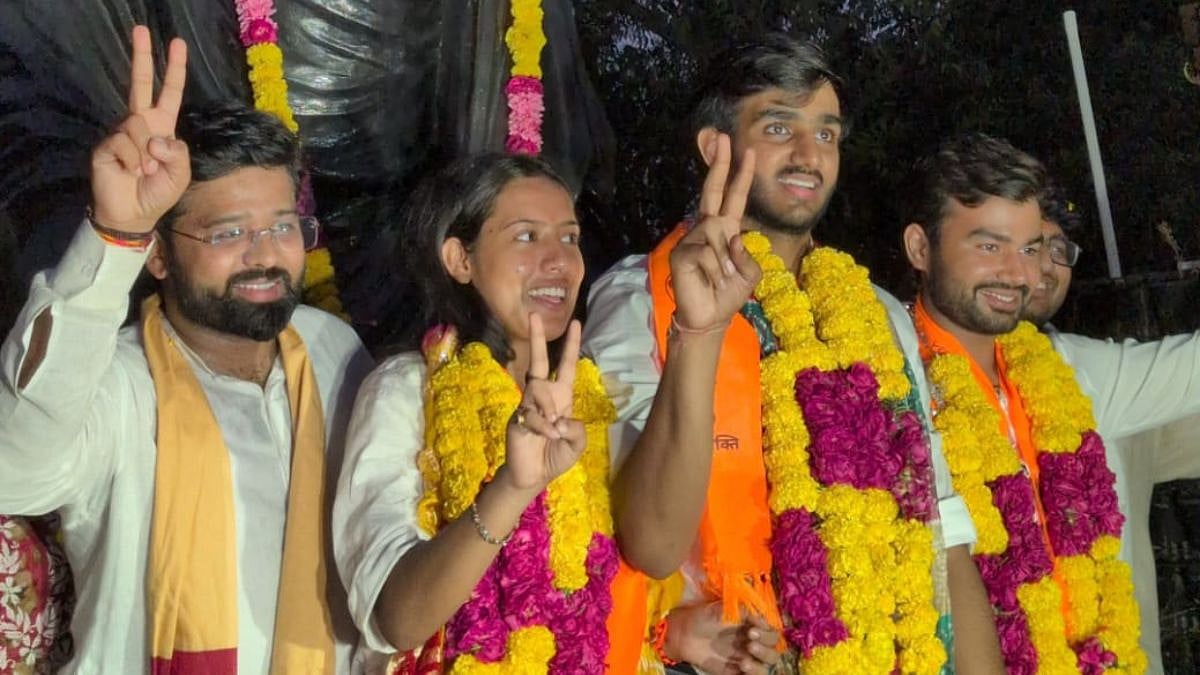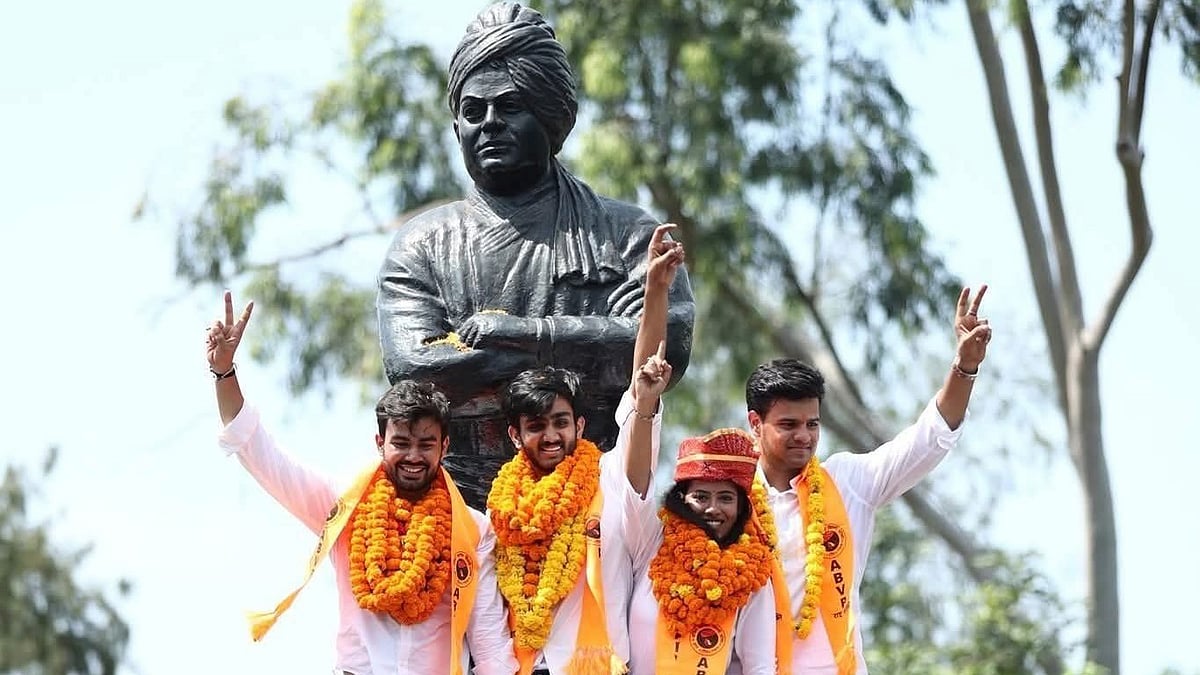Education is one of the best investments a society can make in its new generation. A good education leads to a wide range of positive contributions to oneself and society. From the gurukul system of ancient India to modern e-learning in virtual classrooms, along with the role of teachers, the Indian education system has evolved. The Indian government has also made its mission to bring forth changes in the education system to improve learning outcomes. However, there is always room to enhance the education landscape.
While the Education 4.0 India report identifies key learning areas within education and proposes several recommendations, we can look to other countries that are currently excelling in the area and take inspiration on how to bridge the gaps or transform for the better. While the introduction of NEP 2020 aims to bring drastic transformation in the life of school students by introducing creativity, learning, experiments, visualisation, and art, there are many lessons that India can learn from the experience of other countries, including Singapore.
Singapore has consistently led education rankings and served as an example to other educational systems. Singapore is known for its academic prowess not only in Asia but also globally. The country's education system is regarded as of the highest calibre, and its academic talent is well-developed and competitive. Here are three factors that make Singapore’s education system praiseworthy and ambitious for India:

Rajeev Katyal
Strict enforcement laws for compulsory education
Singapore sets a good example of impactful policymaking and governance, which prioritises education and youth development. The education sector in the country is majorly run by the public sector and has been able to ensure a literacy rate of 98%. The major contributor to this achievement is Singapore’s Compulsory Education Act 2000, an Act to provide for compulsory primary education in Singapore. While India has provisions for mandatory education in the Constitution, many factors lead to disruption in formal education. As a progressive nation, India can enforce stricter enforcement of the education policy and make education accessible to everyone.
Creativity and Entrepreneurship
Singapore has emerged as one of the most technologically advanced and sought-after business destinations. This can be attributed to the platform and infrastructure that the country provides to its students and teachers to think out of the box. At the same time, the curriculum inculcates entrepreneurial skills and prioritises holistic development over academic excellence. Through NEP 2020, India is also taking steps in this direction by promoting innovation in schools. However, it would take time to show proven results.
Continuous Professional Development for Teachers
Enhancing teachers' abilities to provide education in multiple formats is essential, as is getting their support and participation in the development of tech-enabled curricula. To achieve this, it is crucial to strengthen teachers' capacity building, including enhancing the quality of teacher training, connecting training with career advancement, and involving teachers in the creation of an extensive capacity-building programme. While India, under the NISHTHA programme, is emphasising teachers’ training, our education system can take inspiration from Singapore and include Data Science, Artificial Intelligence, and Design Thinking as subjects for teachers similar to the city-state.
Technology, training, holistic development, scientific evaluation, etc. are some of the aspects that can be seen as major parameters for the evaluation of the education system. The education system in Singapore revolves around holistic development and technological advancements for students as well as for teachers. While India has been amping up recently to scale the quality of education in the country, there is still a long way to go with the New Education Policy 2020, which has technology as its central piece. While it is in the students’ hands to learn things and to perform better, it is also an equal responsibility of academicians and the government to ensure that students are provided with the latest facilities and syllabi that can help them compete with their contemporaries across the world.
The author is the Deputy COO of Global Schools Foundation, a Singapore-based institution.










